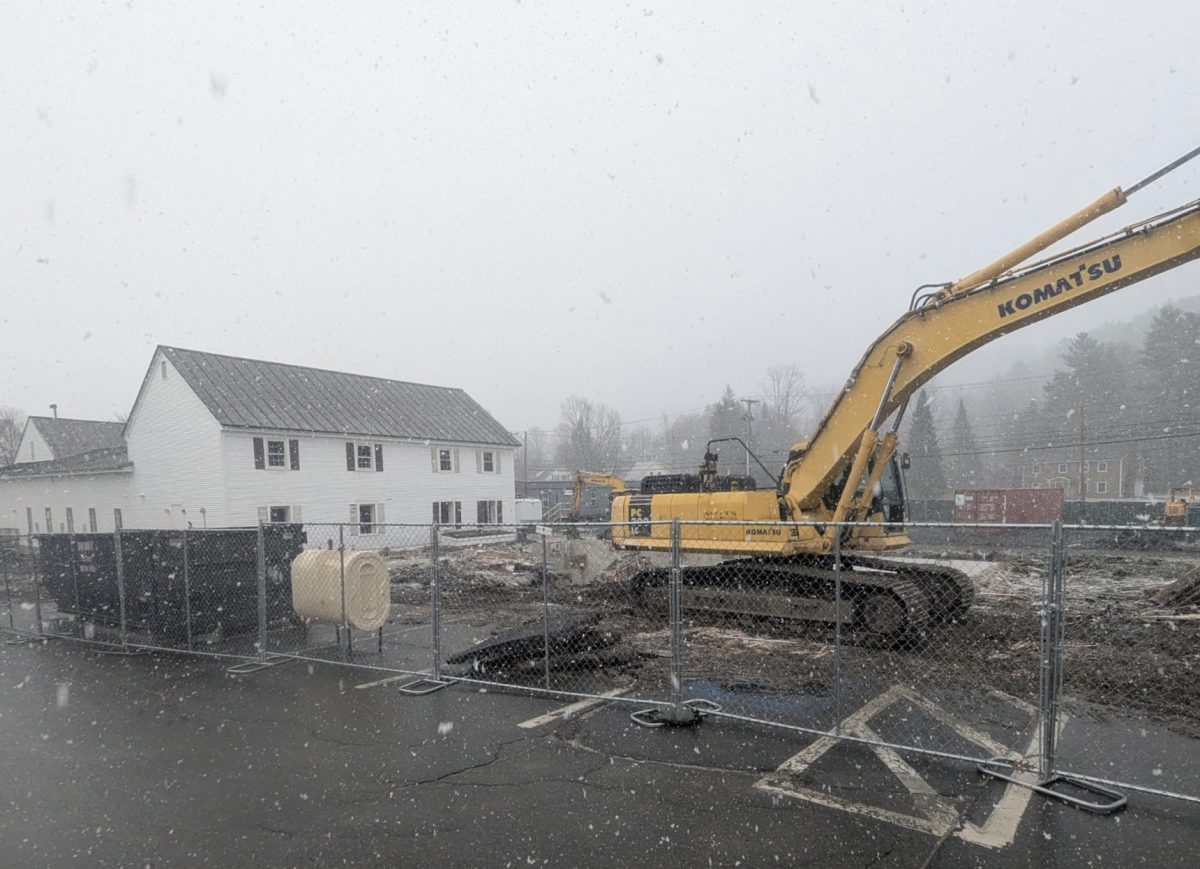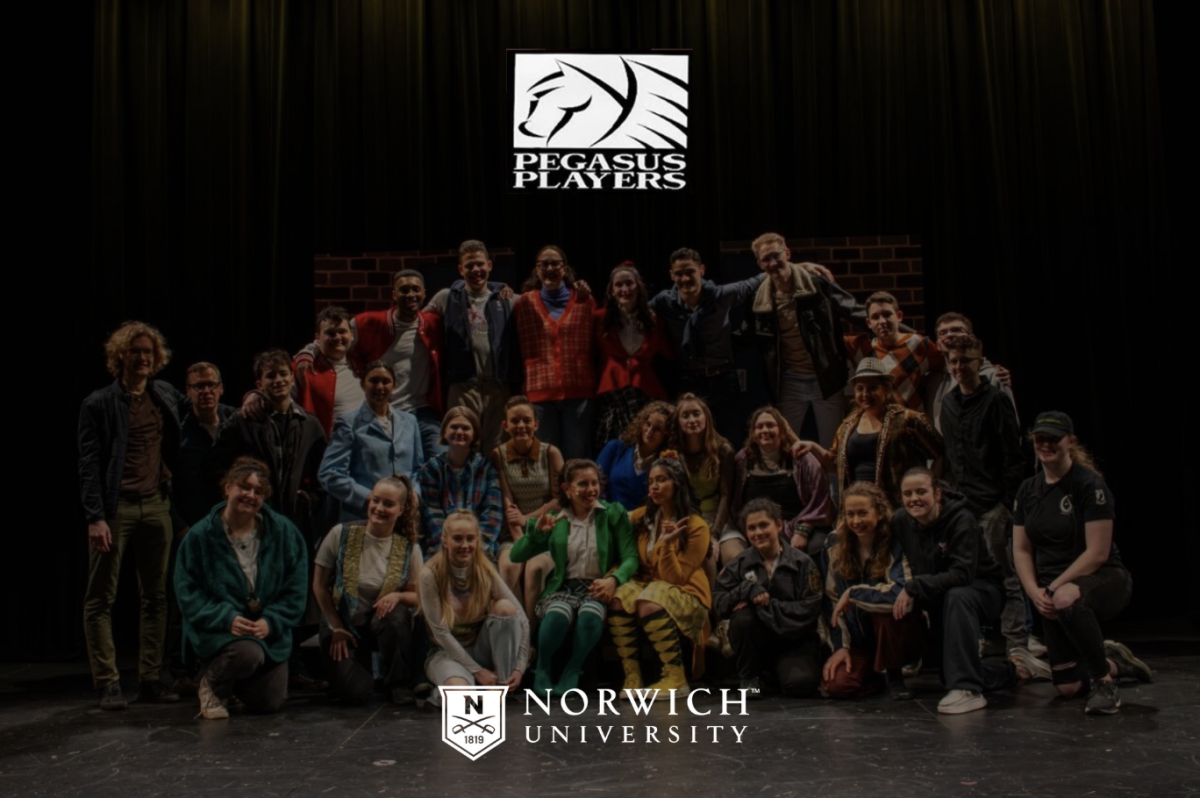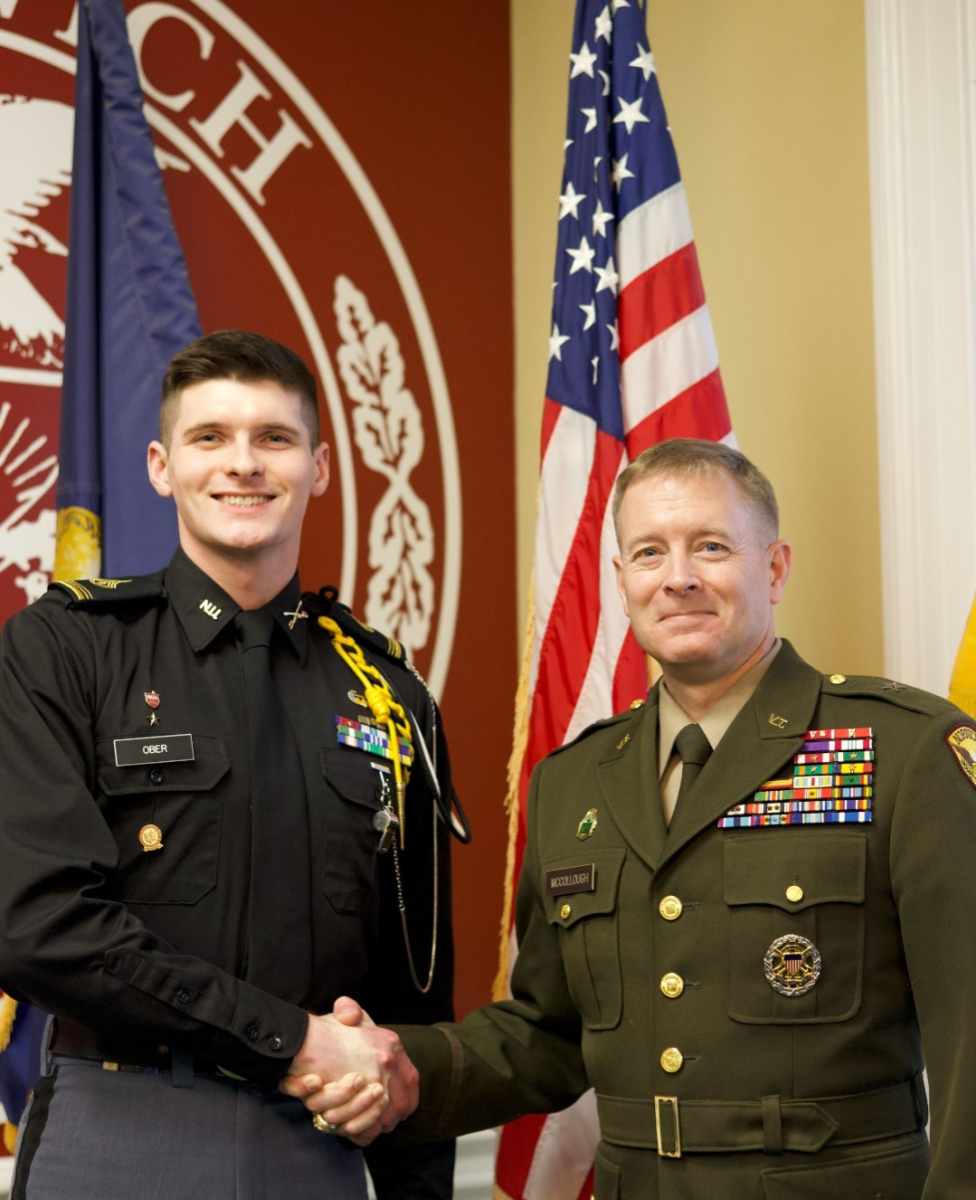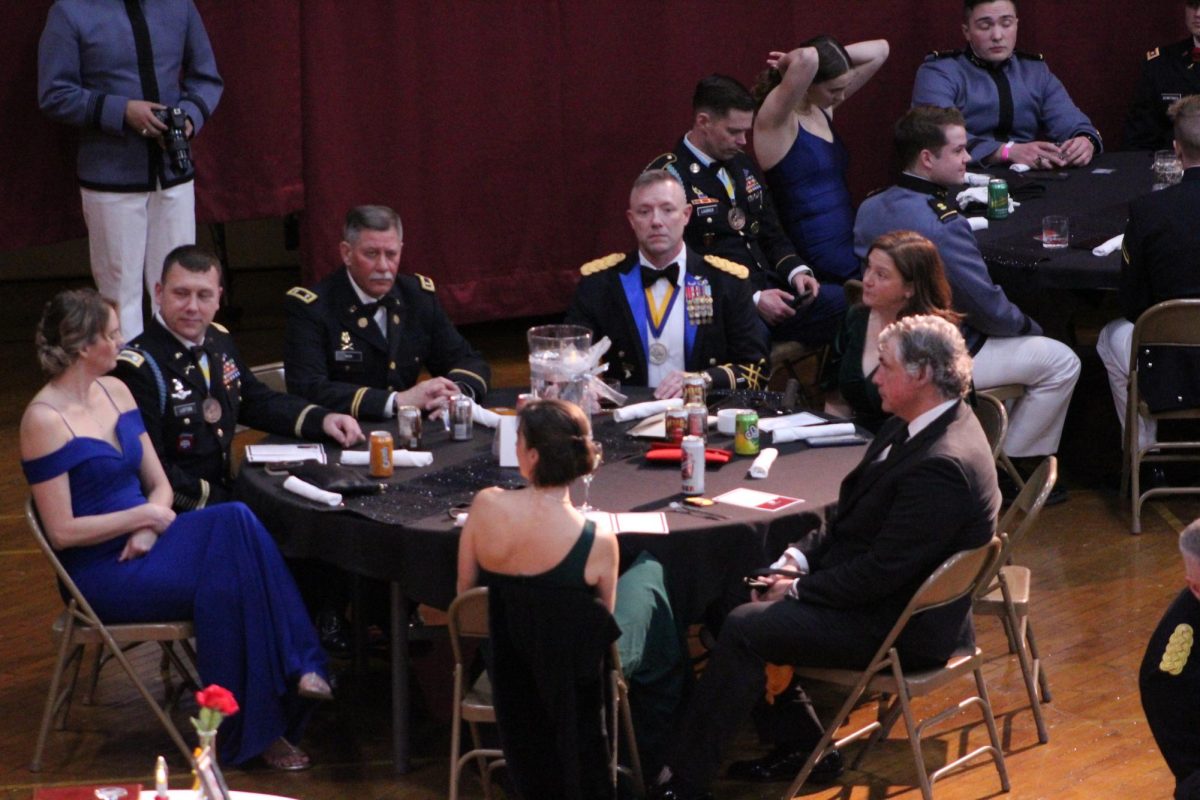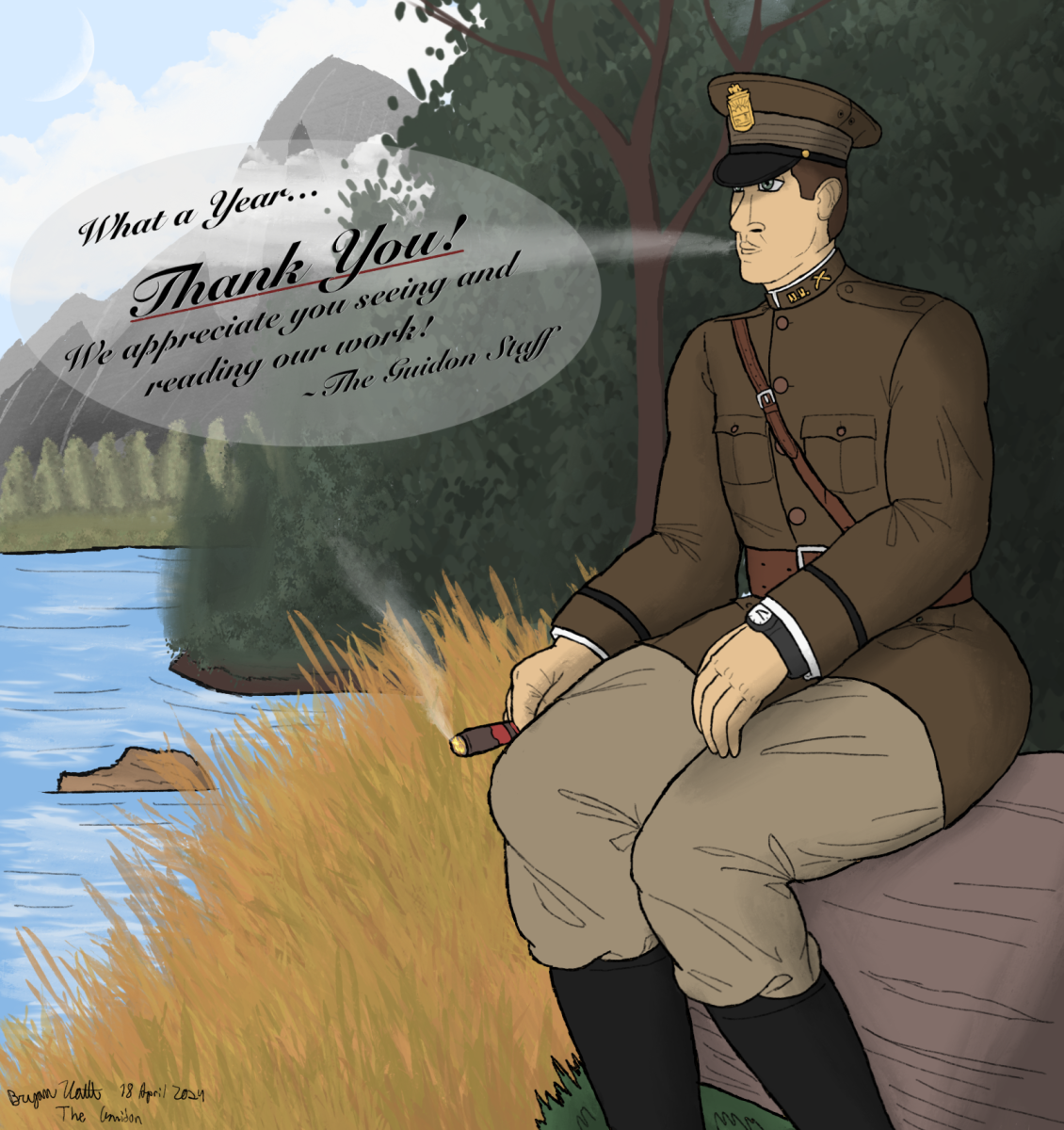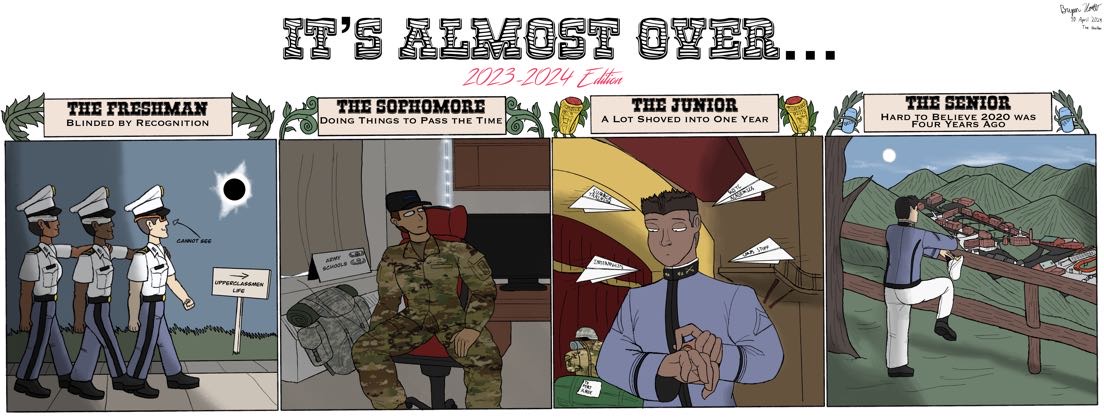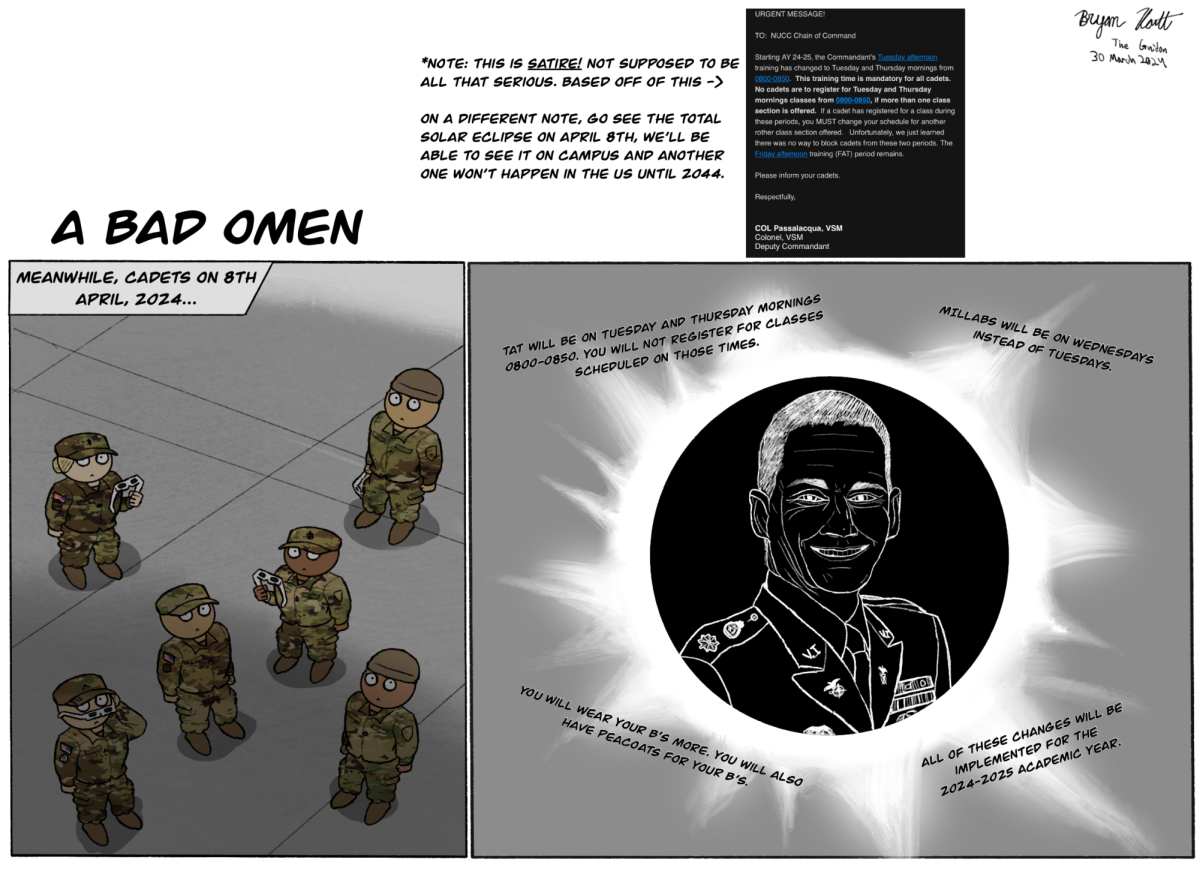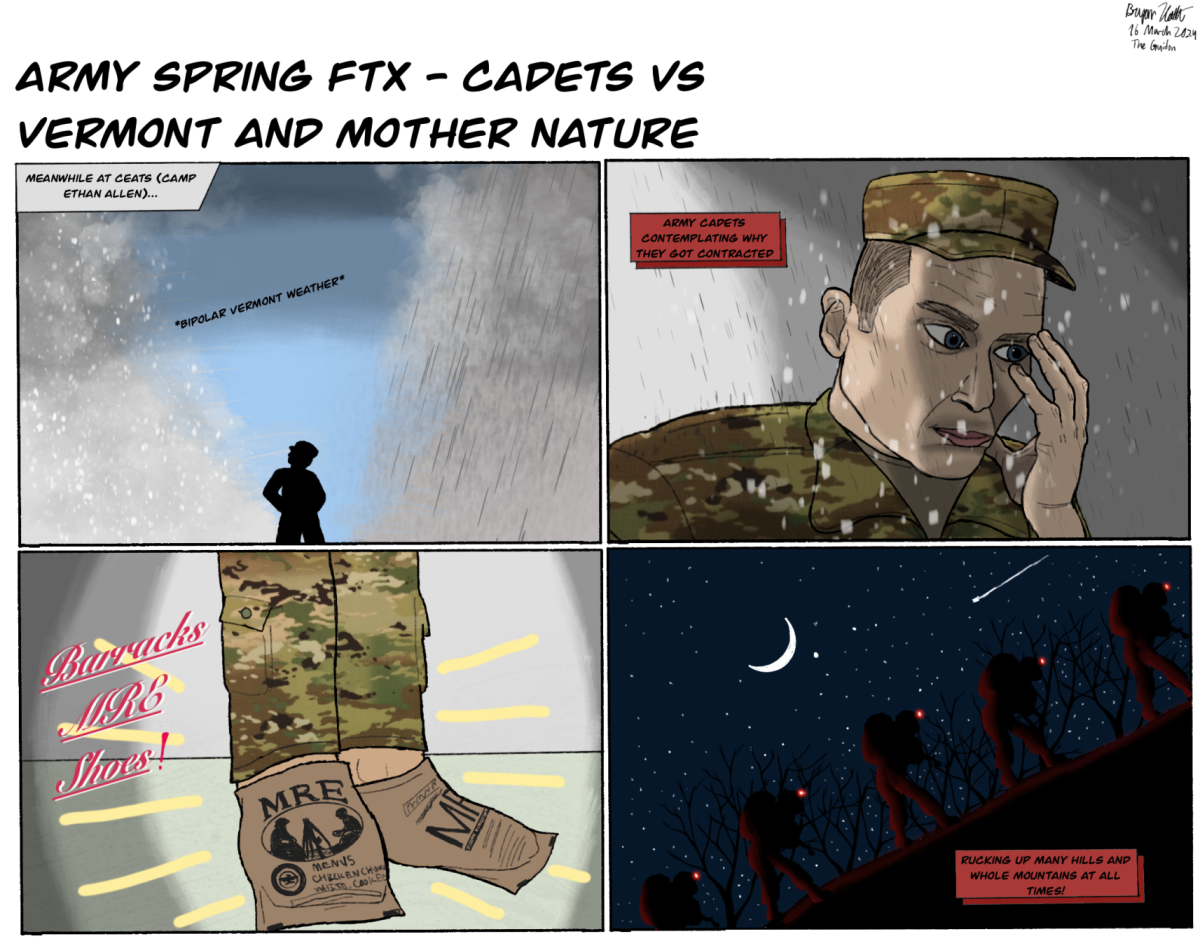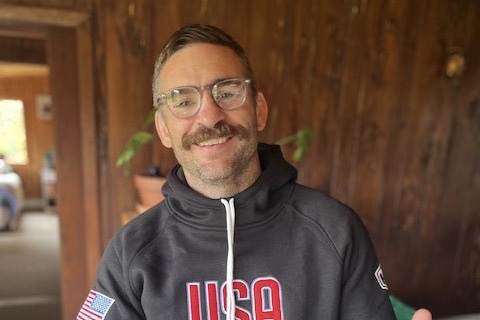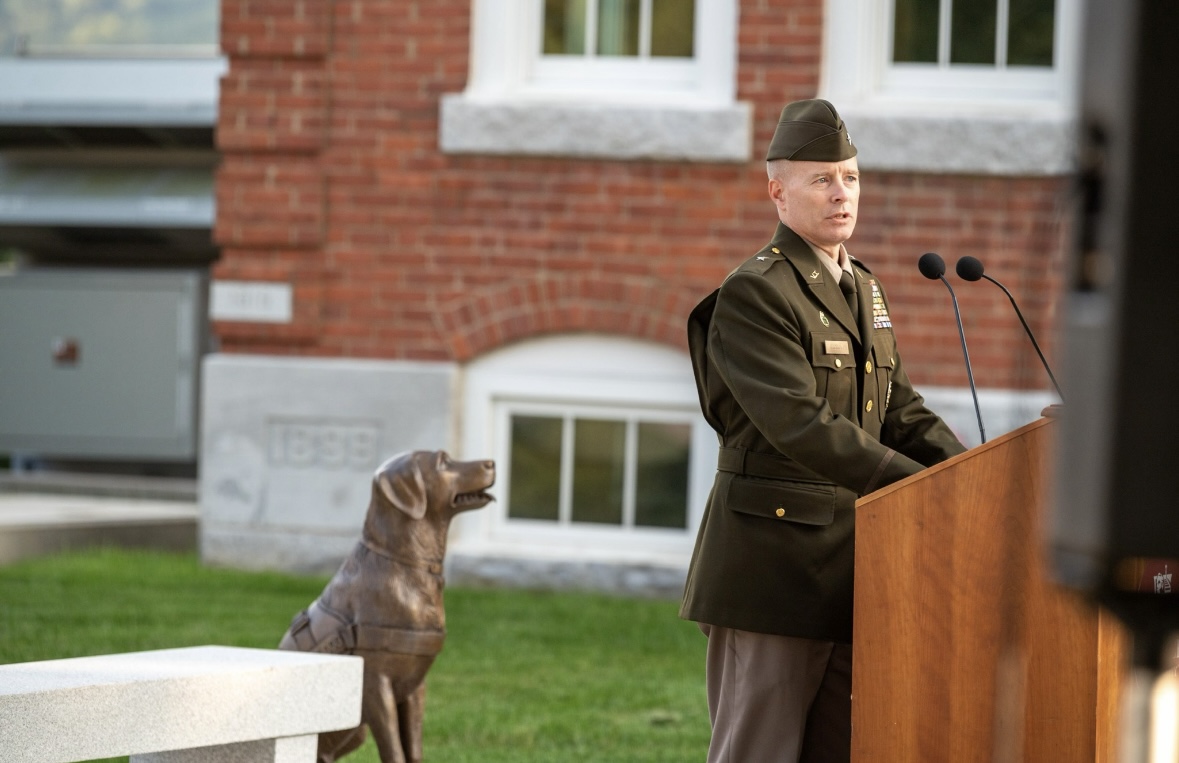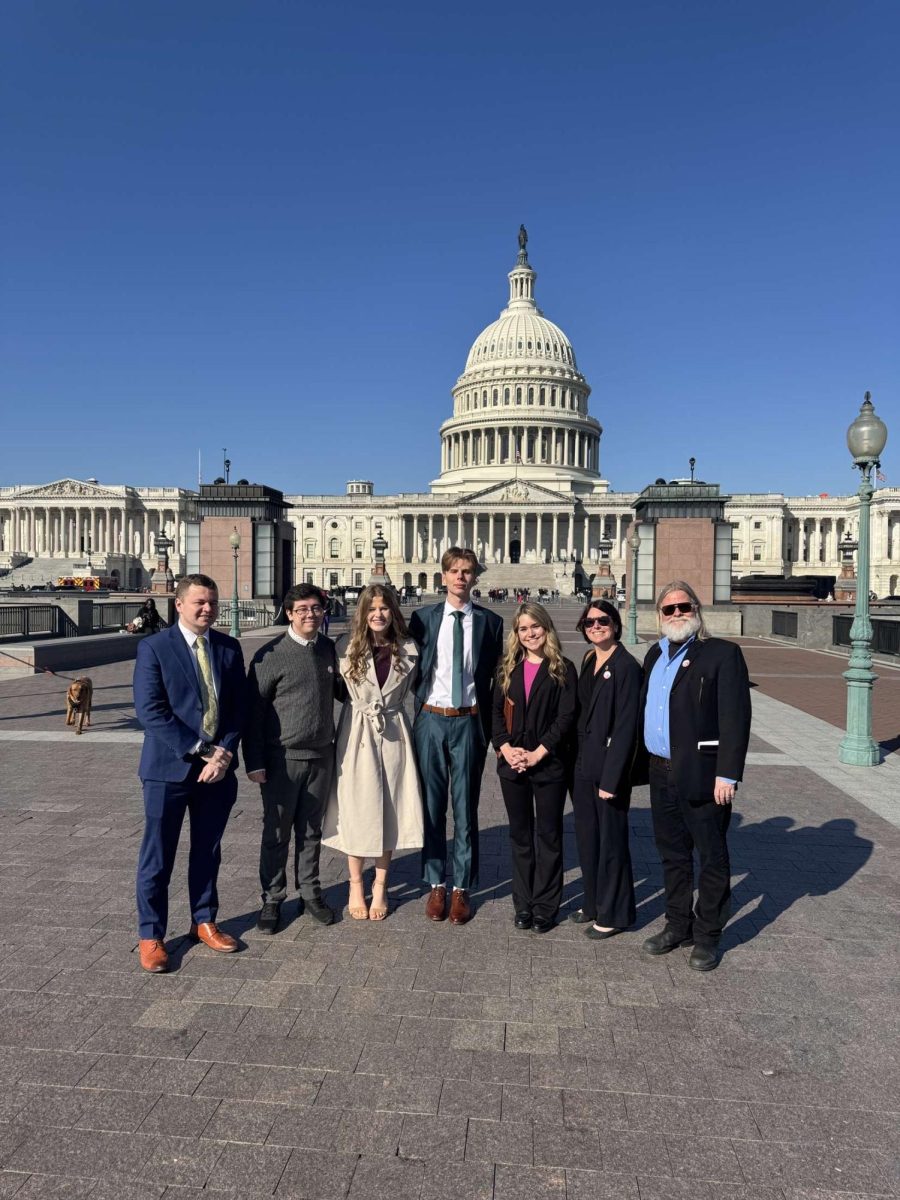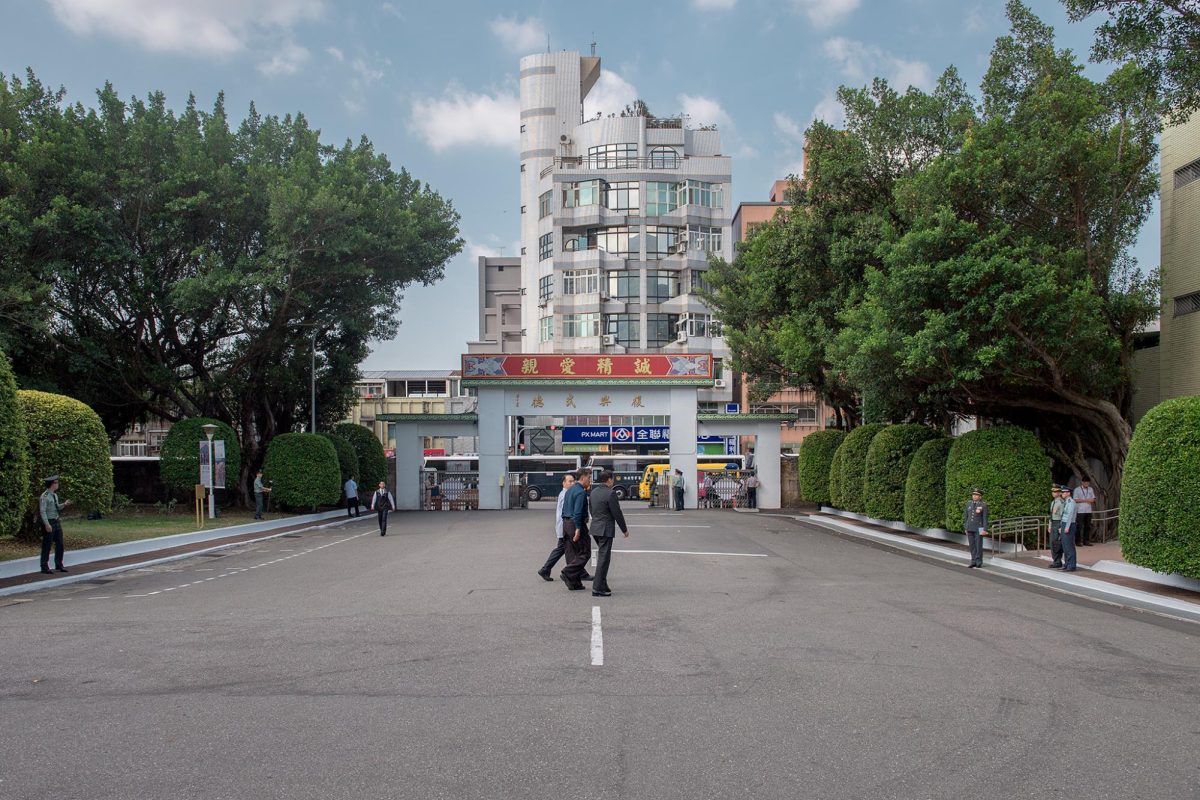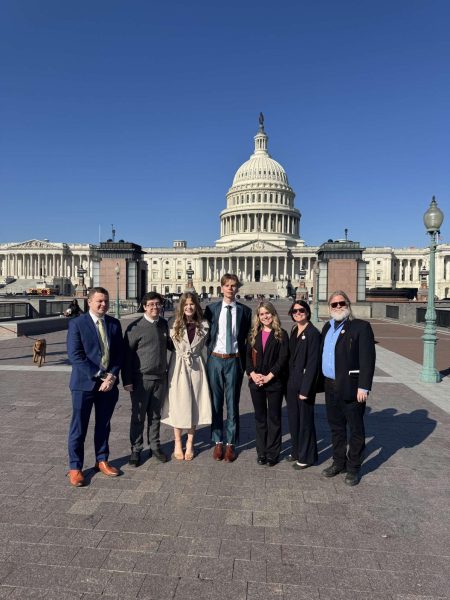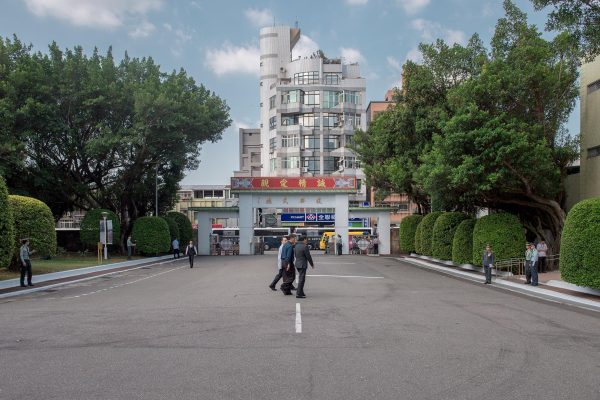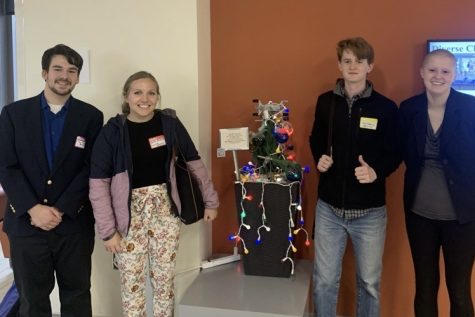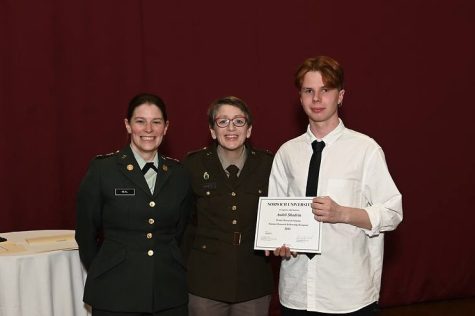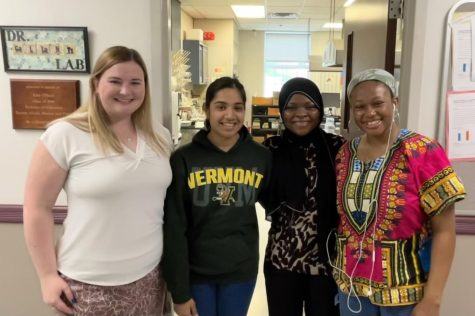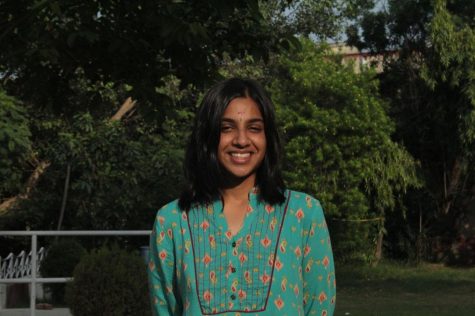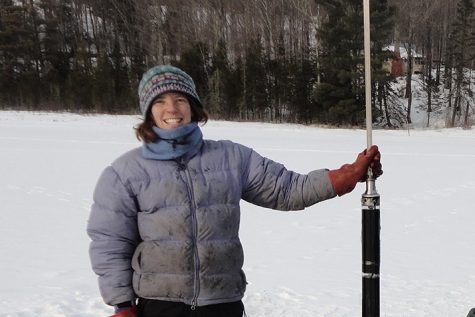Biochemistry major assists mentor in the leading development of uranium detection in drinking water
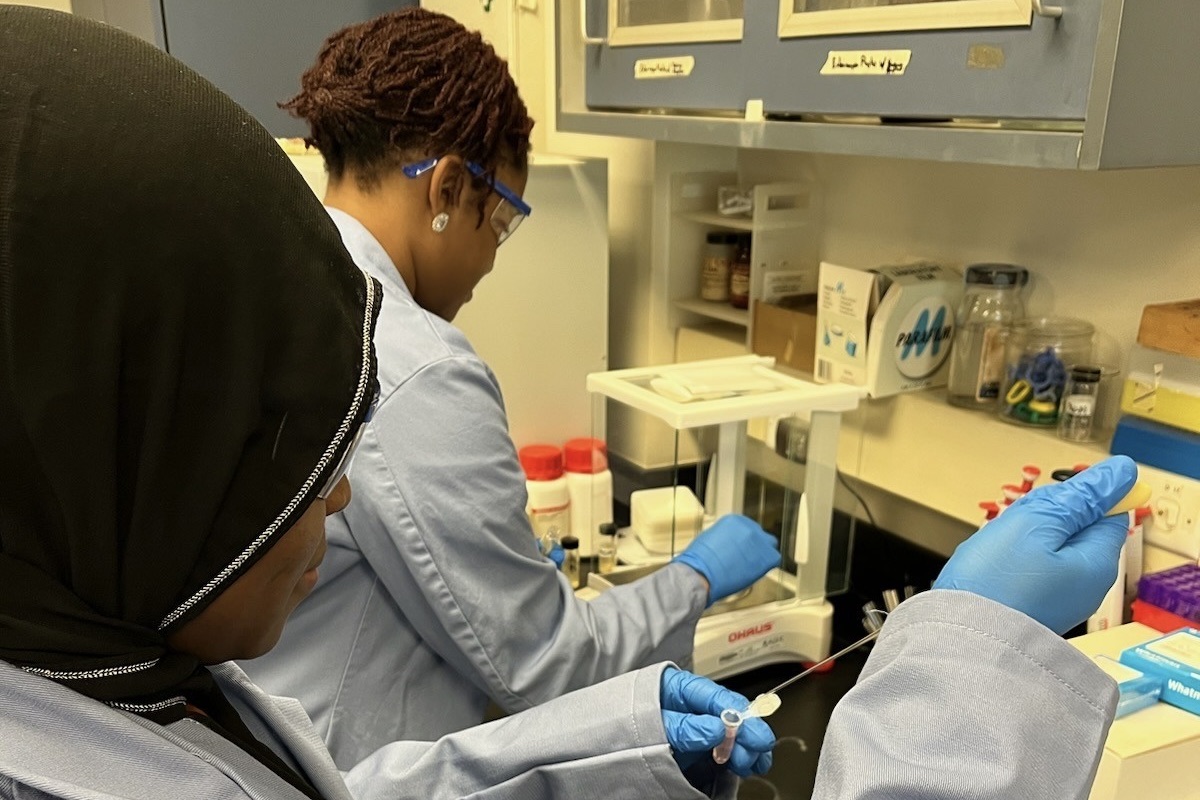
My name is Rahisa Mohammed. I’m a Biochemistry major with a Biology minor and a member of the civilian lifestyle at Norwich University. I completed my sophomore year last semester, and I’m going to be a junior in the coming fall semester. I’m from Ghana, which is one of the countries in the western parts of Africa. One of my favorite things to do is to study and read lots of books. A game I really love and also enjoy watching basketball but surprisingly, I don’t know how to play even though I’ve tried learning how to.
My research focus is based on uranium detection. Basically, we’re working on the development of water-soluble ligands which are going to help with the detection of uranium in drinking water due to its binding properties. The ligands are designed to bind with uranium and bring about a color change (pink), denoting the presence of uranium. The fun fact is that both uranium and the ligand in their actual state are yellow but when they bind together, give off the pink color.
Currently, we’re still progressing with our research and coming up with ways to modify our experimental procedure so as to make a ligand that would be completely soluble in water. The reason why I say completely soluble is that, we have actually prepared two ligands currently, a P1 ligand and a PROM 1 ligand, in which the P1 is not soluble at all in water, but the PROM 1 is slightly soluble in water – ultimately not getting us to our main goal which is to make water-soluble ligands hence our research focus being uranium detection in water.
We plan on working for as long as it would take, hopefully not too long, to make a ligand that would meet our criteria and that would serve its purpose.
The reason I’m interested in this research is because it looks out for humanity. Uranium is very toxic and harmful to us humans, and it’s so sad that not everyone knows about it, talk less of knowing about the side effects it imposes on the human body.
To me, this is very important research we’re handling because our goal is to transport our ligands across the world so that they can be accessible even to the deprived parts of the world where there’s no knowledge about what uranium is or what its implications are.
We hope to spread awareness and also hope to make “that” ligand that could be accessed everywhere, anywhere, which would also make our research a successful one.
Your donation will support the student journalists of Norwich University. Your contribution will allow us to purchase equipment and cover our annual website hosting costs.
